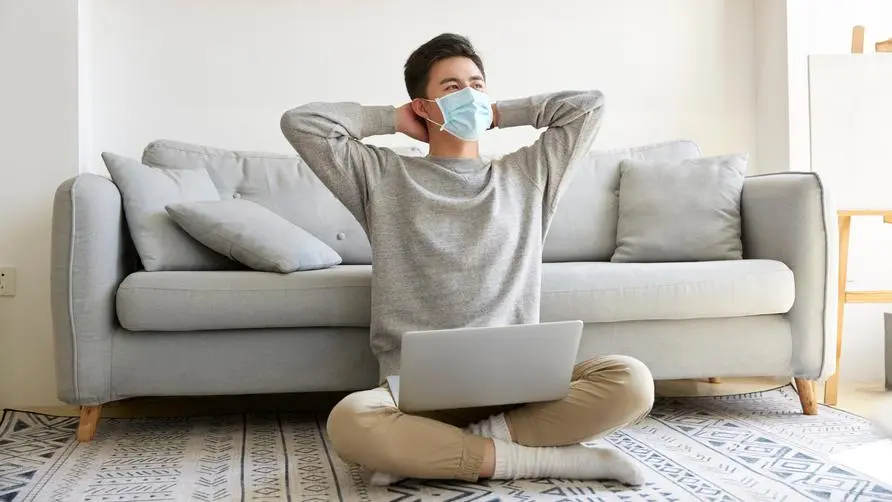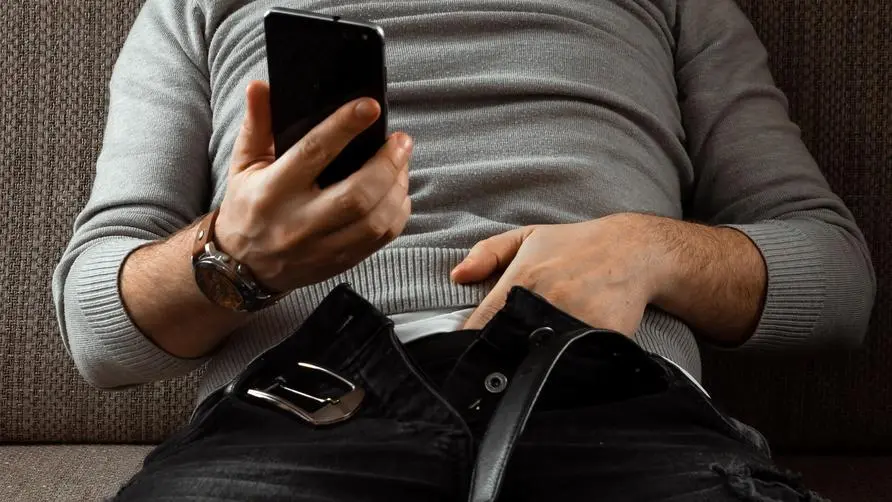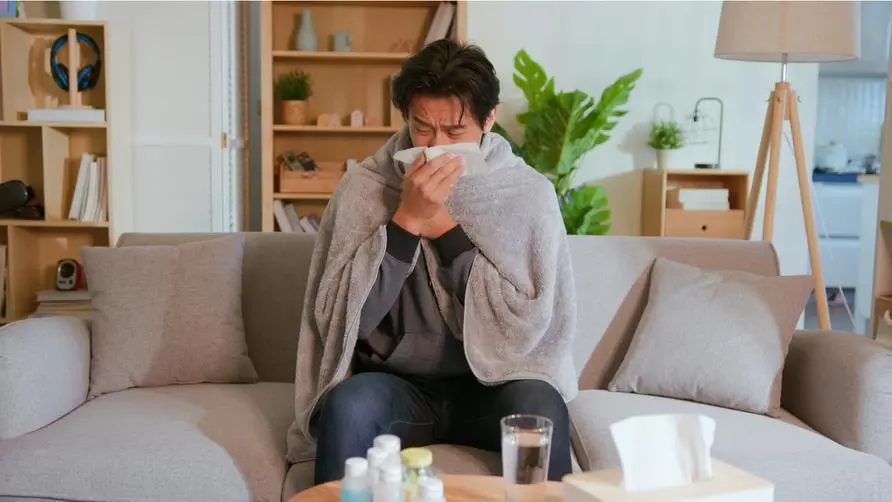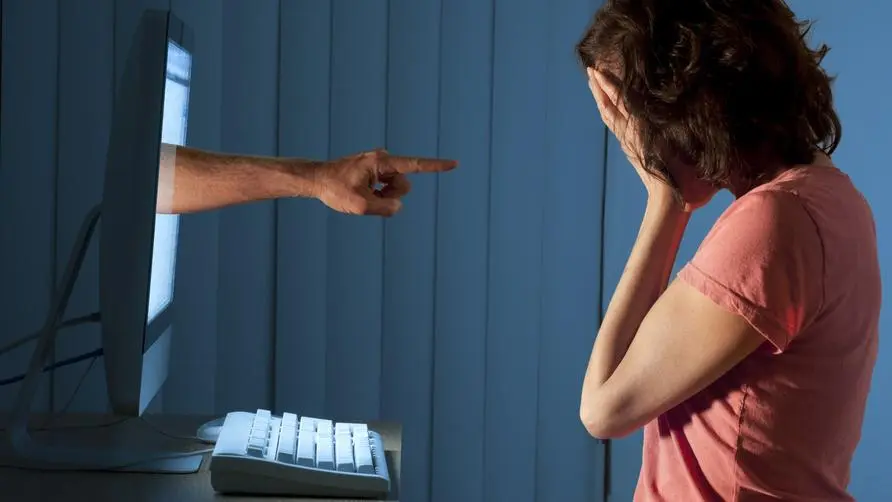Is epidemic prevention making people depressed and depressed? Research: Do less "these two things" when you are quarantined at home

The Omicron epidemic in Taiwan is heating up. Although most of the confirmed cases are mild, it still causes a lot of worry and panic among the people. If you are unfortunately infected with the epidemic and need to “isolate at home”, you should pay special attention to your own mental health issues. Research published in “Frontiers in Psychiatry” points out that people who tend to be “sedentary” during home isolation may be more likely to develop depression, anxiety and stress.
Study on people who are quarantined at home and like to sit for long periods of time and use their mobile phones: they are more likely to suffer from depression and anxiety
Iowa State University in the United States conducted a questionnaire survey of more than 3,000 subjects to understand people’s psychological state during home isolation. First, the research team assessed whether subjects had sedentary behavior, frequent use of electronic products, or spontaneous exercise during the isolation period, and compared these behaviors with their psychological changes (such as depression, anxiety, stress, or loneliness) Comparison.
The research team found that the behavioral patterns in the three weeks before the experiment did not affect the subjects’ mental state. Until the 4th week, subjects who sat for an average of 12 hours a day were more likely to suffer from depression than those who sat for 3 hours. In addition, those who watched electronic products for up to 13 hours were less likely to suffer from depression than those who watched only 4 hours a day. Higher levels of depression and anxiety. Studies have pointed out that sedentary people spend more time using electronic products, and there is a significant correlation between the two.
Further looking at age and gender, research points out that young people have higher levels of anxiety than older people, and there is a tendency for it to gradually increase as age decreases. Men reported less depression and anxiety, whereas women generally experienced excessive stress, loneliness, and anxiety.
Being infected with the epidemic and being quarantined makes people “depressed.” Experts call for “this behavior” to improve psychological problems
Jacob Meyer, the lead author of the study, said that the following conclusions can be drawn from the results of this experiment: First, sitting for a long time is difficult to improve the depression of quarantined people, and may even lead to potential psychological problems. Furthermore, the mental state of young people and isolated women is even worse, and relevant units may need to invest in more counseling measures. Finally, the use of electronic products is closely related to sedentary behavior and may affect the psychological status of those in quarantine.
“We found that within eight weeks, people in quarantine began to experience improvements in their mental health. However, for those who tended to be more sedentary, their depression did not subside in the same way as others.”
However, the psychological problems of those in quarantine are not insurmountable. Meyer said that even small changes in habits during home isolation, such as taking 5 minutes of exercise, getting up and walking to the living room, or even going for a walk, will benefit the mental state of the quarantined person.
“The act of developing or breaking habits may be difficult for those diagnosed with quarantine, because the new coronavirus has affected their lives and mental state. Therefore, you might as well start with small areas in your life, such as sitting for an hour Then ask yourself to exercise for 5 minutes. Just such a change may help the quarantined people get out of the haze faster.” Meyer said.
source:
Sitting more linked to increased feelings of depression, anxiety
Further reading:
Which vaccine should be given to children? Is BNT safer? Is Moderna more effective? Who is at higher risk of myocarditis?





